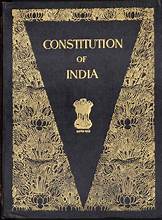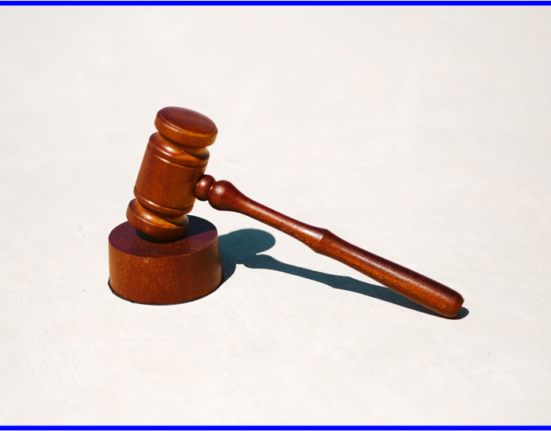The article, “Difference between Private Law & Public Law” is written by Naphtal.
Introduction: Private Law vs. Public Law: What Is the Difference
Private and public law are two branches of law that citizens of a country are subject to. Private law is the area of law that governs the relationships between private individuals. In contrast, public law is the branch of law that deals with the relationship between the individual and the state. This distinction is important because it governs which court system hears a case.
Private cases are heard in civil courts, while public cases are heard in criminal courts. There are other differences between these two branches of law as well, which will be discussed in this article.
Read on to learn everything you need to know about private and public law and how the two differ.
What Is Private Law?
As mentioned above, private law is the area of law that governs relationships between private individuals. This can include contracts, property rights, and tort law. Private law also covers family law, which includes divorce, child custody, and adoption.
In some countries, such as the United States, private law is governed by state law, not federal law. It means that each state has its own set of rules and regulations regarding private law.
The primary purpose of private law is to try and secure the private interests of the individuals in a community. Most of these interests are pecuniary/ monetary in nature.
When one party is wronged, attempts are made to make them whole again through damages or some other form of relief. For example, if you get into a car accident caused by another driver’s negligence, you will file a lawsuit against them in civil court.
If the court rules in your favor, the other driver would be required to pay you for the damages they caused. In this instance, the goal of private law is to make the accident victim “whole” again by awarding them compensation.
Private law mostly touches on the following aspects:
- Restitution: When a party is alleged to have breached the law, they will be compelled to restore the matter involved to the state or condition it was in before the breach.
- Compensation: When a party is liable for damages, they will be required to pay the other party an amount that would make them whole again. This can be in the form of money or property.
- Relief: In some cases, the court may order that one party take specific actions or refrain from taking certain actions. This is typically done to prevent future harm.
What Is Public Law?
Public law, however, deals with the relationship between individuals and the state. It covers constitutional law, administrative law, and criminal law.
Constitutional law deals with the foundation of the government and the rights of citizens. It establishes the different branches of government and their powers, as well as the rights of individuals (e.g., freedom of speech and religion).
Administrative law deals with the procedures and rules that government agencies must follow. It also covers regulatory agencies, such as the Securities and Exchange Commission (SEC) or the Environmental Protection Agency (EPA).
Criminal law is the branch of public law that deals with punishable offenses. It establishes what behavior is considered criminal and the penalties for those crimes.
The primary purpose of public law is to protect society rather than individuals or private interests. This is because when one person breaks the law, it can have a negative impact on society.
For example, if someone robs a bank, it not only harms the bank and its employees, but also affects the community in which the bank is located. This is why public law focuses on punishing those who break the law to deter others from doing the same.
Public law also covers civil rights and civil liberties. These are the rights and freedoms that the government guarantees all citizens. They include the right to a fair trial, freedom of speech, and freedom of religion.
What Is the Difference Between Private Law and Public Law?
Now that you know what private and public law are, you might be wondering what the difference is between the two.
The main difference is that private law deals with the relationship between individuals, while public law deals with the relationship between individuals and the state.
Private law covers areas such as contract law, property law, and tort law. Public law covers areas such as constitutional law, administrative law, and criminal law.
Another difference is that the goal of private law is to protect the private interests of individuals, while the purpose of public law is to protect society.
This is because when one person breaks the law, it can have a negative impact on society. For example, if someone robs a bank, it not only harms the bank and its employees but also affects the community in which the bank is located.
This is why public law focuses on punishing those who break the law to deter others from committing the same crime.
So, while private and public law are similar in some ways, they are also quite different. It’s essential to understand the difference between the two to know which area of law applies to your situation.
Summary
Private law and public law are two different types of laws. Private law is a system of rules that regulates the relationships between individuals.
Public law is a system of rules regulating relationships between individuals and the government.
The main difference between private and public law is that private law applies to civil disputes, while public law applies to criminal offenses.
![]()






Leave feedback about this